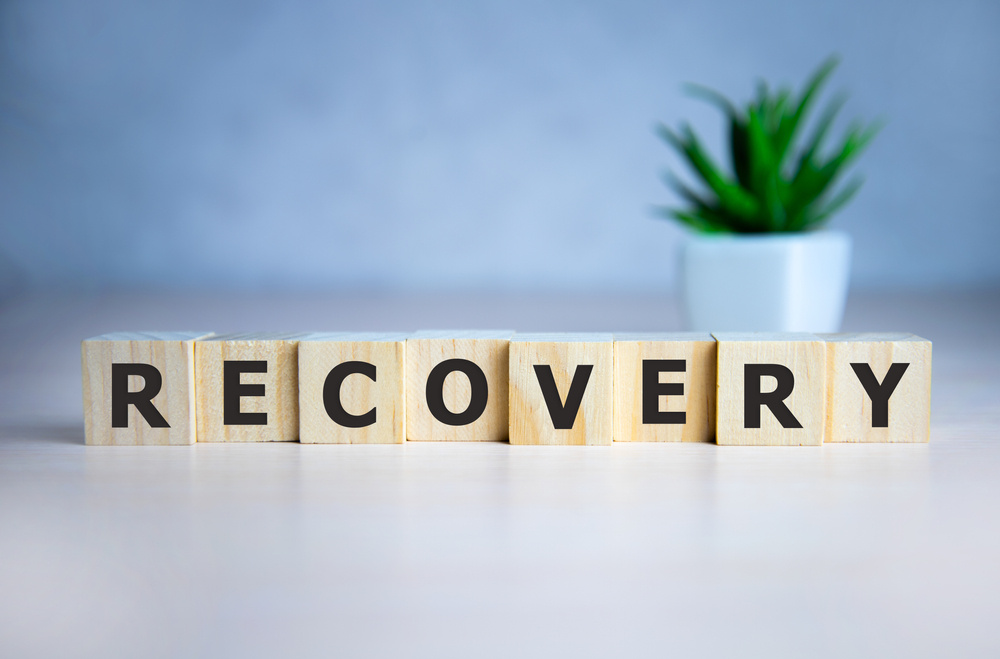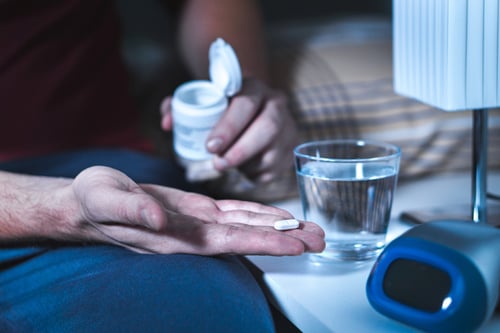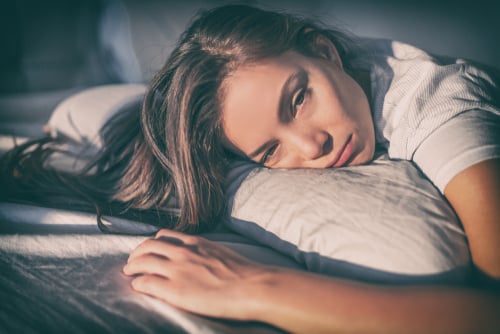What Is The Best Sleeping Pill For The Elderly?
Insomnia is one of the most common, but often underdiagnosed, sleep disorders encountered in the geriatric population. The Journal of Sleep Medicine asserts that insomnia is “characterized by the subjective complaint of difficulty falling or maintaining sleep, or nonrestorative sleep, producing significant daytime symptoms including difficulty concentrating and mood disturbances.” Sleep patterns naturally shift as one age. This can partially be attributed to the changes in the production of hormones (e.g., melatonin and cortisol) which can interfere with coordinating the circadian rhythm (sleep-wake cycle) and contribute to disrupted sleep. As is true with any substance, there are risk factors and potential unwanted side effects associated with taking sleep aids. It would be impossible to suggest that any single sleeping pill is universally effective for all elderly people. The best sleep aid will depend on a variety of contributing factors and will yield the most successful results when selected with the distinct and nuanced needs of the elderly patient in mind.
Over The Counter Sleep Medications
There is a wide variety of over-the-counter (OTC) sleep aids available. The Mayo Clinic provides examples of OTC sleep aid options that members of the geriatric community commonly use, some of which include the following:
- Diphenhydramine (e.g., Benadryl, Aleve PM, etc.): Diphenhydramine is a sedating antihistamine. Side effects might include daytime drowsiness, dry mouth, blurred vision, constipation, and urinary retention.
- Doxylamine (e.g., Unisom SleepMelts): Doxylamine is also a sedating antihistamine. Side effects are like those of diphenhydramine.
- Melatonin: The hormone melatonin helps control one’s natural sleep-wake cycle. Side effects can include headaches and daytime sleepiness.
- Valerian: Supplements made from this plant are sometimes taken as sleep aids. The efficacy remains controversial as few studies indicate therapeutic benefits, while other studies have not found the same benefits.
Most OTC sleeping aid medications contain antihistamines to produce their sedative effects.
Prescription Medications
There are two main categories of prescription sleeping pills that are currently used in the medical field to treat sleep disorders. These include benzodiazepines and non-benzodiazepines. Benzodiazepines include medications that are not only used as sleep aids but also used to treat anxiety disorders. They work by interacting with the neurotransmitter GABA (gamma-Aminobutyric acid). The medication interacts with the neurons in one’s brain to suppress and calm down electrical excitement. Commonly known benzodiazepines medications include Ativan (lorazepam) and Xanax (alprazolam). Non-benzodiazepines are sedative-hypnotic medications, including examples such as Lunesta (eszopiclone) and Sonata (zaleplon). They also work by interacting with the GABA, but primarily focus on and activate the receptors in one’s brain that have to do with sleep, instead of benzodiazepines that also target anxiety. In the elderly, should prescription medication be necessary, the first-line treatment is nonbenzodiazepines (e.g., zolpidem, eszopiclone, zaleplon, and ramelteon) as they have been found to be safer and better tolerated than tricyclic antidepressants, antihistamines, and benzodiazepines.
For Information and Support
Substance abuse and addiction can be incredibly dangerous and can result in severe short and long-term consequences. If you or someone you know is suffering from substance abuse or addiction, please get help as soon as possible. The earlier you seek support, the sooner you and your loved ones can return to leading happy, healthy, and fulfilling lives. There is no reason to go through this alone, and we are here to help. Please feel free to reach out to us for further information or with any questions regarding substance abuse or addiction. We are available anytime via telephone at: 213-389-9964, or you can always email us at: info@friendlyhousela.org.



